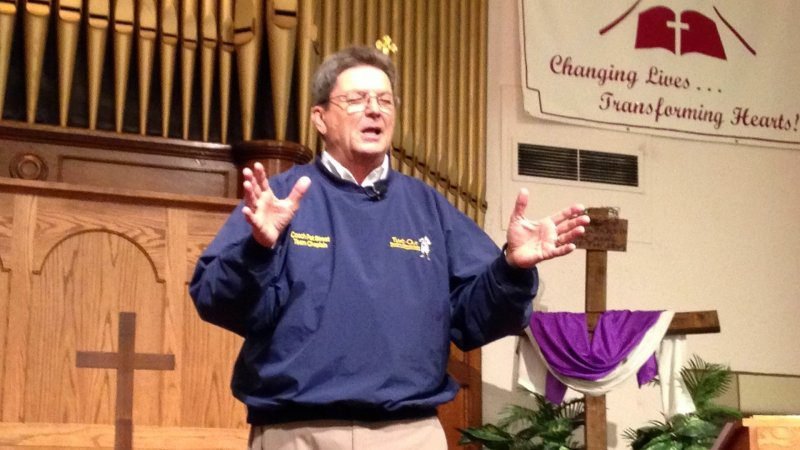
Many people have asked me how would I defend the Bible to someone who seriously questions its value for life and faith today? First, you must understand that you cannot “prove” to anyone that the Bible is true. Only the Holy Spirit can do that. (John 7:17) But we do have good reasons that provide a solid base to put our trust in God’s Word.
- The Bible is historically accurate. The writers of Scripture gave careful attention to detail. This shows that they were concerned with an accurate record of words and events. The historical and geographical data that the Bible presents has been confirmed by other books, documents and archaeological discoveries. Then there’s the specific prophecies concerning Old Testament Israel, its neighboring countries, and Jesus Christ which have been fulfilled in great detail (Isaiah 52:13-53:12, Matthew 8:16-17; Matthew 27:30-31).
- The Bible is remarkably consistent. The Bible was written over a period of 1,500 years by 40 different authors in three languages. It presents a unified description of who God is and what He has planned for mankind. The plan of salvation is the focus of the Word of God from Genesis to Revelation.
- The Bible is wonderfully preserved. No other book in history even comes close to matching the manuscript evidence that points to the conclusion that the translation we have today accurately expresses what was originally written.
- The Bible is highly recommended. First, the Bible comes recommended by those whose opinion should matter, the writers themselves (Jeremiah 1; 2 Timothy 3:16; 2 Peter 1:21). Second, Jesus considered the Old Testament to be God’s authoritative revelation. (Luke 24:47) The New Testament is a record of His life and inspired teachings and the teachings of His disciples. To doubt the truthfulness of the Bible is to question the word of Jesus. Third, you and I have experienced the blessings of claiming and walking in the fullness of God’s Word. His promises have sparked a deep abiding hope within us and to multiplied thousands of other Christians.
There’s no other book like the Bible. It’s accurate in what it records, consistent in its message, preserved in its contents and recommended by those who know. The bottom line is this: you don’t have to have a degree in archeology or theology and you don’t need to know Greek or Hebrew to have certainty about the truthfulness of the Bible. I challenge those I witness to, who question the Bible, read it and at the same time ask God to prove Himself and His Word to their heart. And you’ll come to the place where you will say, like me, “I know the Bible is true!”
— Patrick Street, The Marion Star, The Bible is True, October 6, 2016
Street is the pastor of Salem Evangelical Church, Marion, Ohio.







 Whether we like it or not, when we vote for president we are not voting for Pastor-in-Chief. Rather, we are voting for Commander-in-Chief. The qualifications for the two jobs are different. Further, Trump has expressed regret for offensive things he has said. Hillary has not shown regret for the numerous lies she has told—many of which the FBI has reported. Also, we must remind ourselves that we are all fallen creatures in a fallen world. We don’t have any perfect candidates. So we must choose among imperfect ones. Finally, we have aborted nearly 60 million unborn human beings under Roe v. Wade since 1973—a decision that Hillary ardently supports. Reportedly, Hitler only killed about 12 million people. So when Hillary supporters point to Trump’s flaws, do we not have a classic case of the pot calling the kettle black!
Whether we like it or not, when we vote for president we are not voting for Pastor-in-Chief. Rather, we are voting for Commander-in-Chief. The qualifications for the two jobs are different. Further, Trump has expressed regret for offensive things he has said. Hillary has not shown regret for the numerous lies she has told—many of which the FBI has reported. Also, we must remind ourselves that we are all fallen creatures in a fallen world. We don’t have any perfect candidates. So we must choose among imperfect ones. Finally, we have aborted nearly 60 million unborn human beings under Roe v. Wade since 1973—a decision that Hillary ardently supports. Reportedly, Hitler only killed about 12 million people. So when Hillary supporters point to Trump’s flaws, do we not have a classic case of the pot calling the kettle black!
